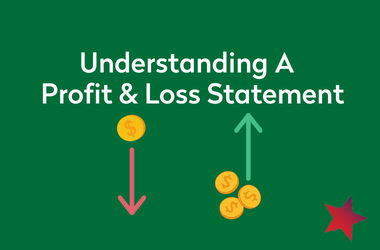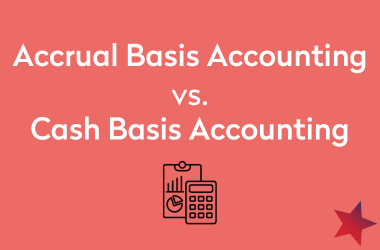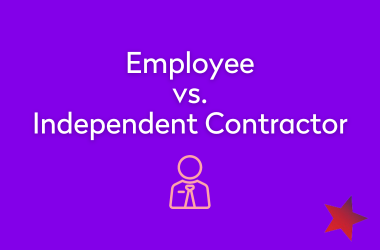What is a Sole Proprietor?
Definition of Sole Proprietor for Those in the Performing Arts
A Sole Proprietor is an entity that is not incorporated (as a C-corp, S-corp, or other corporate structure). This includes performing arts entities. As the name implies, sole proprietors have just one owner, who pays personal income tax on any profits earned from the entity. Sole proprietors are not as highly regulated as other structures, and many do business under their own name rather than creating a separate business name.
How are Sole Proprietors Created?
Because of their lack of regulation, sole proprietor businesses are the easiest to create, often being used by independent contractors and consultants. They’re also easy to dissolve, and in some cases are transformed into an LLC or corporate structure when the organization grows. There is no separate legal entity with a sole proprietor, and the owner is therefore liable for any profits, debts, and liabilities of the business.
While they are a simple place to start for many organizations, sole proprietors don’t provide protection from the business’s liability and sometimes lack the credibility of an incorporated business. Therefore, it’s a good idea to compare the benefits of a sole proprietor to those of a C-corp, S-corp, LLC, and non-profit – and consult a good accountant and lawyer before choosing even this simple business structure.
Many Performing Artists are an Ideal Fit to Become Sole Proprietors
This incorporation structure is best for any business where the owner has confidence in upholding the stability of the organization singlehandedly, whether it’s through the organization’s profits, debts, or other finances. If the owner of the organization is also looking to kickstart the business without too many regulations based on legalities and paperwork, this is for them. Sole proprietors will also be able to keep the organization flexible and adaptable in terms of its structure and whether they would like to evolve out of this status to become something else such as an LLC.
Related Resources
Understanding A Profit and Loss Statement?
Understanding A Profit and Loss StatementWhat is a Profit and Loss Statement? A Profit and Loss Statement (P&L) is a financial statement that measures the revenues, costs, and expenses incurred over a specific accounting period. P&Ls reflect an organization’s...
Accrual Basis Accounting vs Cash Basis Accounting
What is Accrual Basis Accounting vs. Cash Based Accounting? Accrual Basis Accounting Accrual basis accounting refers to a major accounting method that recognizes revenues and expenses at the time a transaction occurs, regardless of when cash is exchanged. Accountants...
Employee versus Independent Contractor
Employee vs. Independent ContractorWhat’s the difference between an employee and an independent contractor? The payment for an independent contractor is performance-based and is determined by the completion of the service they provide while an employee's payment is...



